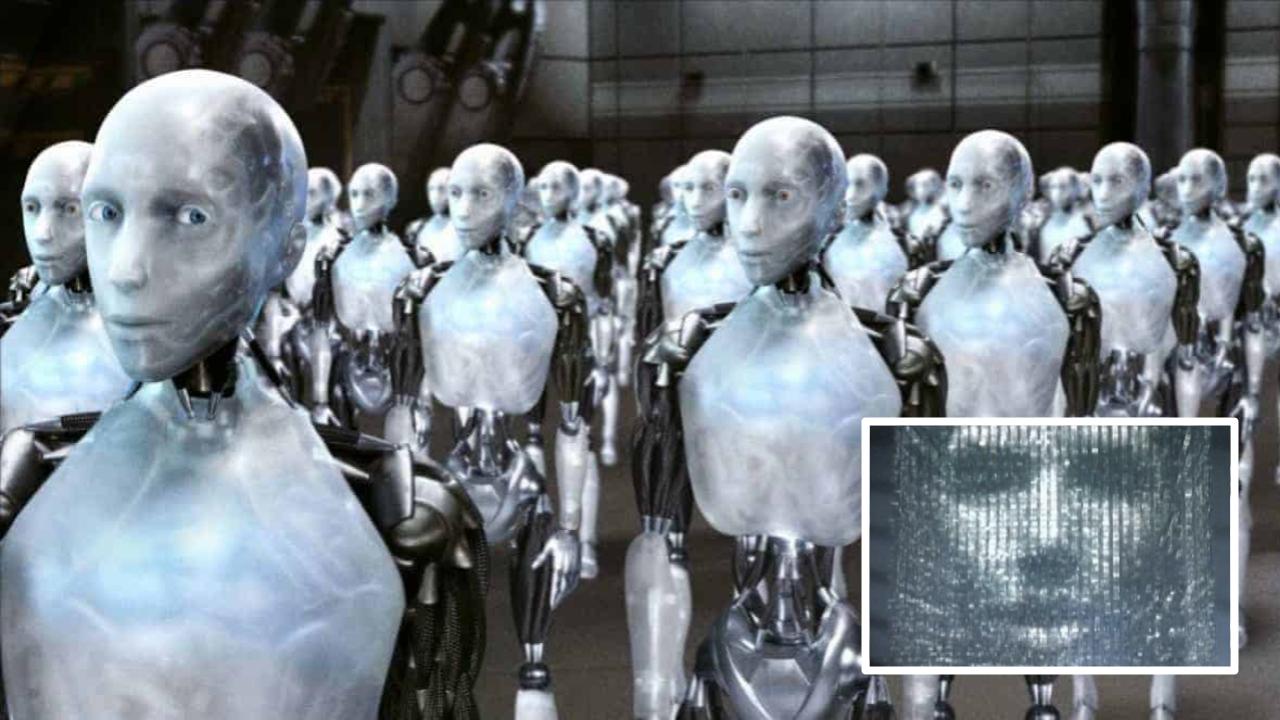Here are some must-watch AI movies to learn about the capabilities of AI.
AI in Holywood
Artificial Intelligence, Machine Learning, Data Science are popular terms in this era. And knowing what it is and its value in the coming years is more crucial than ever.
Although Hollywood movies tend to exaggerate for dramatic effects, such as the Terminator movie, where killer robots from SKYNET turn sentient and start destroying humans, there is still some truth in these movies. There are experts in the field today who fear a super-intelligent AI who will outsmart us and eventually decide to wipe us off the face of the Earth.
On the other side of the spectrum, AI is depicted as a miracle invention, the intelligent machine that can perform analytical tasks such as simulations and predictions much better than humans. In the movies, you see AI as a helper to humans, assisting us in all kinds of tasks, from being a sidekick on space adventures to a lover.
Source: towardsdatascience.com


